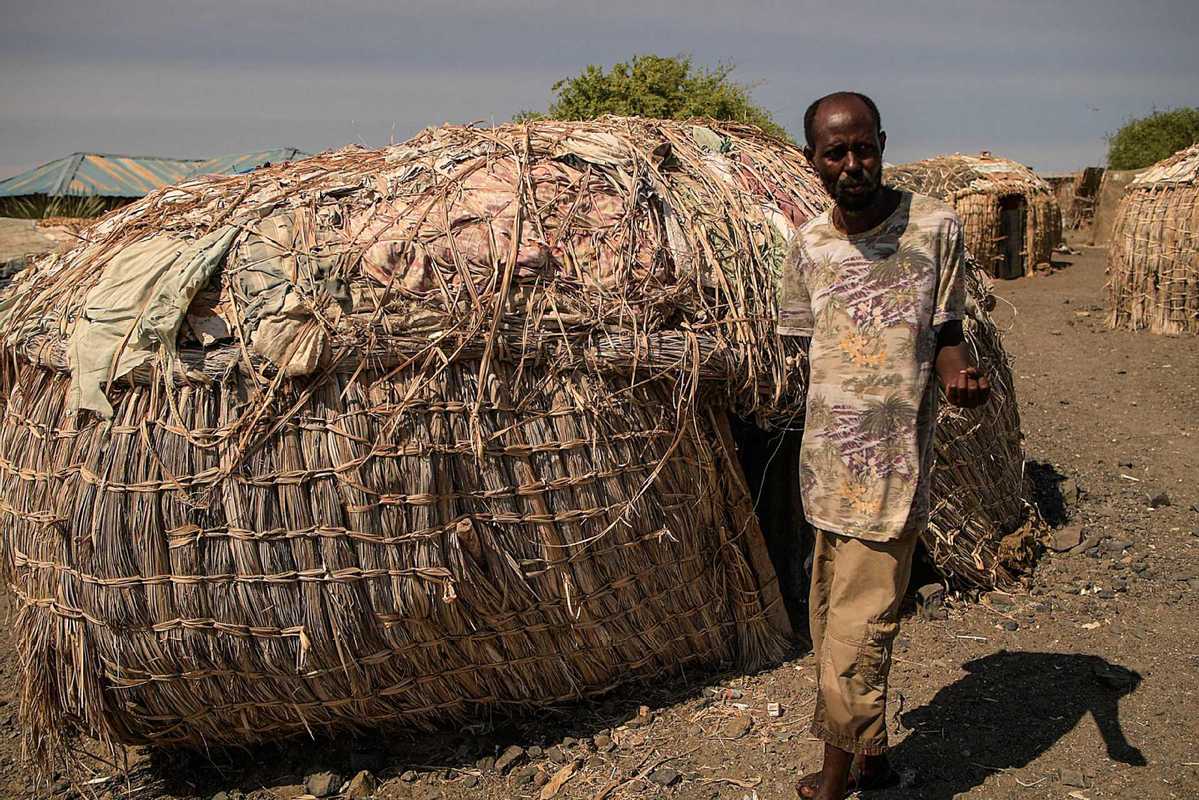African leaders urge collaboration on climate efforts


African government officials, members of civil society and the private sector, and officials from the United Nations and multilateral agencies have called for collaboration on climate, as the continent continues to face devastating climate change effects, including extreme weather conditions, severe drought and floods.
More than 1,000 delegates made the call during the ongoing Africa Climate Week 2022 in the Gabonese capital Libreville, which was aimed at discussing the threats and opportunities associated with climate change ahead of the COP27 UN Climate Change Conference scheduled for Nov 6-18 in Egypt.
Speaking at the opening ceremony on Monday, Gabon's President Ali Bongo Ondimba said droughts are causing extreme famine in Africa and displacing millions of people.
"Today, 22 million people in the Horn of Africa face starvation because of climate-induced drought and famine. Countries in the south of the continent are regularly hit by deadly cyclones," he said.
"Rising sea levels threaten megacities such as Dakar, Lagos, Cape Town and Libreville. COP27 is Africa's COP and will significantly shape the continent's future."
Ondimba said Africa Climate Week can bring Africans together to walk down the road to the UN climate change conference with the unity of purpose and resolve to fight for a better future.
"I urge you to take this opportunity to work on innovative, concrete and sustainable solutions, and give African nations the means to fight climate change successfully," Ondimba said.
Ovais Sarmad, deputy executive secretary of the UN Framework Convention on Climate Change, said COP27 must be the implementation COP, where nations show how they will put the Paris Agreement to work in their countries through legislation, policies and programs.
"In this time of mounting challenge, of crisis upon crisis, cooperation and consensus are fundamental to address the existential threat of climate change. And we must maintain our focus on that threat," he said.
Sarmad said while governments must lead, climate action is more effective when private sector investors, youth, academia and civil societies are also involved.
Sameh Shoukry, foreign minister of Egypt and president-designate of COP27, said while Africa contributes to less than 4 percent of the world's energy-related emissions, it still faces serious consequences to the lives and livelihoods of its people.
"Africa is obliged, with its already limited financial means and scant level of support, to spend around 2 to 3 percent of its GDP per annum to adapt to these impacts-a disproportionate responsibility that cannot be described as anything other than climate injustice," he said.
Shoukry expressed the need for climate justice based on equity and the availability of means of implementation, and guided by the principle of common but differentiated responsibilities and respective capabilities.
He said access to appropriate climate finance is a key pillar and a priority for Africa in enabling the continent to meaningfully contribute to the global climate response.
Mahmoud Mohieldin, climate champion of COP27, termed Africa Climate Week as an important moment for climate action in Africa to showcase the continent's contributions to the global movement to address climate change and highlight its special needs.
"The just transition toward the green economy is a priority for Africa through balancing its need to combat climate change with an urgency to develop the continent's economies," he said.
































